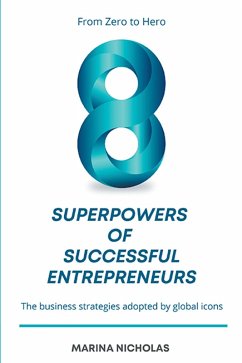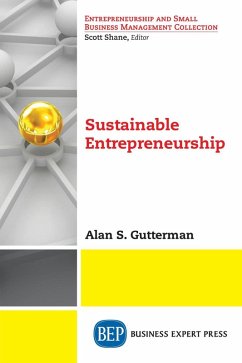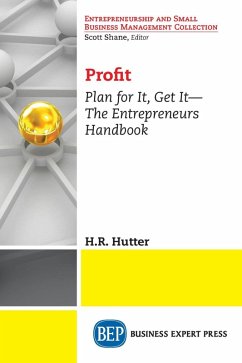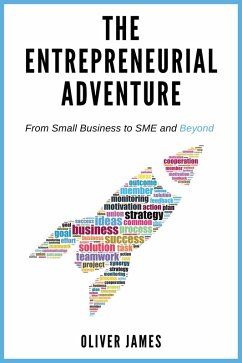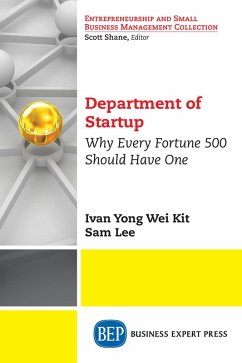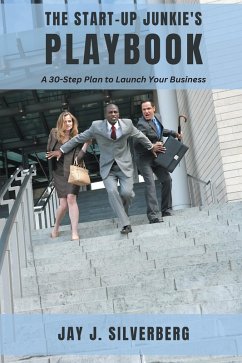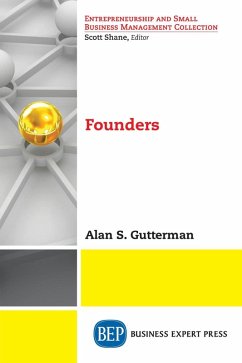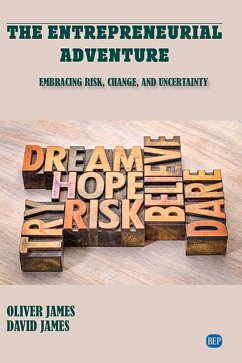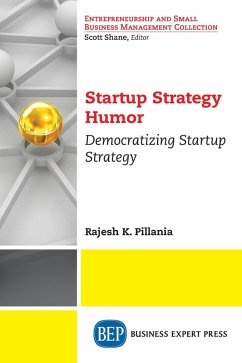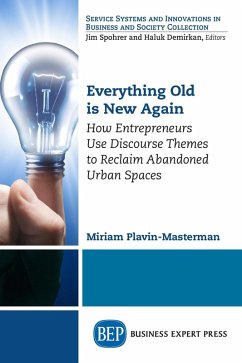
Everything Old is New Again (eBook, ePUB)
How Entrepreneurs Use Discourse Themes to Reclaim Abandoned Urban Spaces

PAYBACK Punkte
4 °P sammeln!
Recent scholarship on institutional entrepreneurship highlights the kinship between for-profit entrepreneurship and the equally transformative innovation and initiative of entrepreneurs in the non-profit, community, and policy-activist fields. This expanded exploration of entrepreneurial potential has become important in the creative destruction-or, more accurately, "creative reclamation"-of abandoned or under-used industrial relics and urban space. This book explores case studies in New York, Chicago, and Philadelphia, where community groups have deployed or are attempting to deploy symbolism...
Recent scholarship on institutional entrepreneurship highlights the kinship between for-profit entrepreneurship and the equally transformative innovation and initiative of entrepreneurs in the non-profit, community, and policy-activist fields. This expanded exploration of entrepreneurial potential has become important in the creative destruction-or, more accurately, "creative reclamation"-of abandoned or under-used industrial relics and urban space. This book explores case studies in New York, Chicago, and Philadelphia, where community groups have deployed or are attempting to deploy symbolism and narrative to re-purpose abandoned urban infrastructure into urban public spaces. The author combines interviews, document analysis, site visits, and census tract data to determine how Friends of the Park organizations successfully navigate institutional settings to create public spaces and manage the discourse around these proposed spaces. In-depth descriptions are an essential component of the process. If a certain kind of unsuccessful discourse theme (or successful one) exhibits itself in a large portion of the potential population, it will likely show in this small sample; if the discourse exhibits itself in a very small portion, it very unlikely that it will show. Small samples, in other words, are a wide-mesh net, convenient for catching the big themes.
Dieser Download kann aus rechtlichen Gründen nur mit Rechnungsadresse in A, D ausgeliefert werden.




